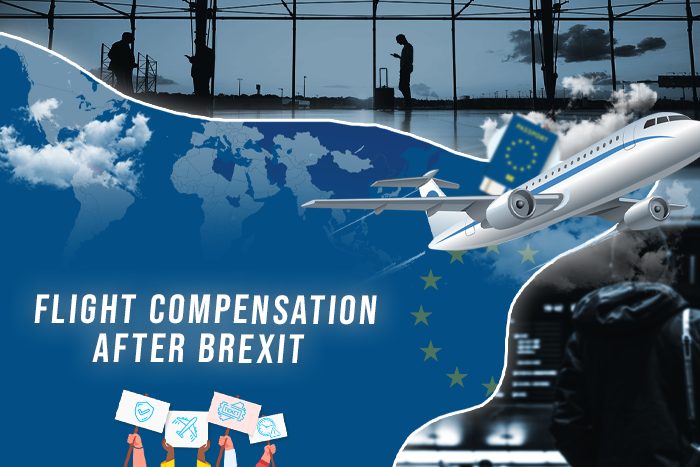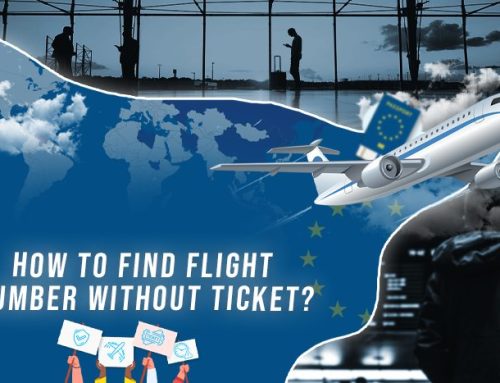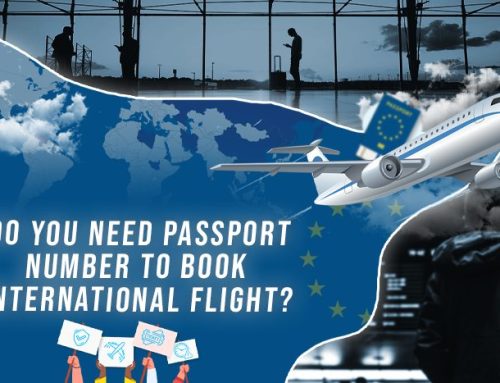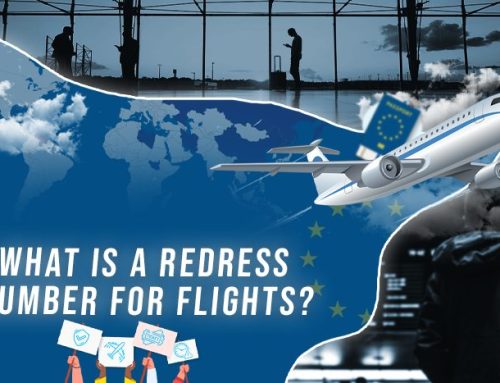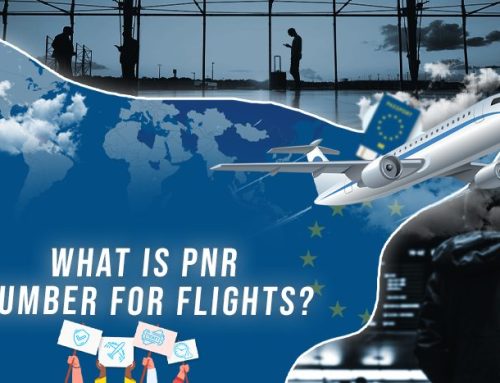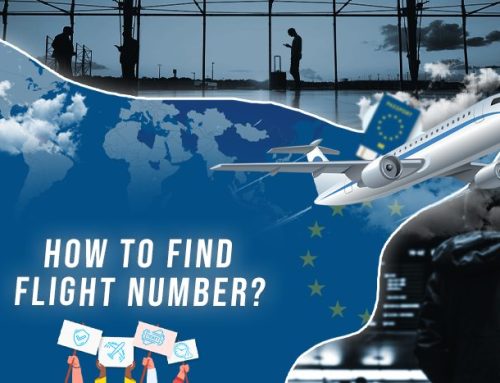Traveling can be a hassle. Something is bound to go wrong at some point, but will that situation lead to financial compensation? Let’s take a look at what UK passengers can expect while traveling in a post-Brexit world.
Key Takeaways
- UK passengers are still protected by EU261 law even after Brexit, thanks to the UK261 law, which is a carbon copy of the EU law.
- Passengers may be entitled to financial compensation for flight cancellations, delays, and missed connections, but there are several exceptions and loopholes that could make receiving compensation a hassle.
- Passengers are likely to receive compensation only if the airline was at fault for the delay or cancellation, but issues like weather, security threats, and worker strikes are usually considered out of the airline’s control and may not be covered by the law.
Protection Under EU261
Back in 2004, the EU passed a law protecting the rights of travelers from abuse by airlines. Under this law, passengers can be financially compensated for any flights that were cancelled or delayed, leading to the passenger missing a connecting flight. In order to qualify for this protection, your flight must either be leaving from or arriving in a country within the European Union. Or, the airline you’re flying with should be a European airline.
However, once the UK left the EU, there became a gap between what was protected and what was not. Now, citizens from the UK lose their compensation protection from any European airlines and are limited as to where their protections apply. Ever since the UK left the EU, there has been plenty of confusion about what rights UK passengers have when traveling abroad. Does the EU261 law still apply, or are they left without protection from airline abuse?
Passenger Rights Transitioning With the United Kingdom
Well, luckily for UK travelers, the United Kingdom hosted withdrawal agreements and cemented the law UK261 which is a carbon copy of the EU261 traveler rights protection law. The UK261 law protects the rights of passengers traveling throughout the European Union and isn’t limited to just UK-based flights. This transition is an example of legislation known as “retained EU law.” It provides the same protections and framework offered by the original EU261 law.
So, passengers with a UK passport still receive the same protections they have before as if Brexit never even happened. But what protections can you expect from the airline under this law? Receiving compensation from the airline can still be quite tricky, no matter where you’re from. There are tons of loopholes and exceptions that make receiving compensation a hassle.
What Situations Could Lead To Compensation?
Let’s take a look at what situations UK passengers can expect compensation from. If your flight was cancelled or delayed, you may be entitled to financial compensation. However, it’s important to know what will and will not lead to you receiving your compensation.
Delays
Depending on the situation, a delay may entitle you to compensation. If the delay led to you missing a connecting EU or UK flight, then you will likely be compensated.
Cancellations
Depending on what led to the cancellation, you could be compensated for your troubles.
Overbooking
This is an issue caused by the airline and will likely lead to you receiving financial compensation.
Security Threats
If there are issues with the plane that lead to a delay or cancellation, then you will likely be compensated by the airline. However, if the threats are on the airport, that situation might be out of the hands of the airline.
Worker Strikes
Under the EU261 law, worker strikes are out of the control of the airline and will not be compensated.
General Rule Of Thumb
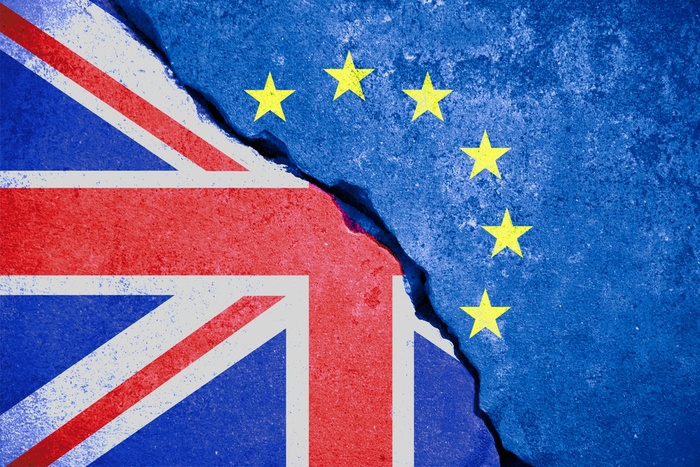
If the issue that has lead to a delay or cancellation is out of the hands of the airline, chances are you will not be protected by EU261 or UK261. The airline will likely try to reschedule your flight or comp your ticket with points or a free ticket in the future, but there is no law protecting your rights as a passenger if the mistake was unrelated to the airline itself.
Cancellations or delays due to weather, strikes, security threats, etc. will not be covered by EU or UK laws. However, if the delay or cancellation is caused by something the airline has control over, then you will likely be compensated. There are some exceptions to the rule like in the case of severe storms. Blizzards aren’t something the airline can control, yet they may be liable for compensation when a flight is delayed or cancelled due to one.
Frequently Asked Questions
-
What was the EU261 law, and how did it protect passengers before Brexit?
The EU261 law protected the rights of travelers from airline abuse, allowing passengers to receive financial compensation for flights that were cancelled, delayed, or caused them to miss a connecting flight. The law applied to flights leaving or arriving in the European Union or on European airlines.
-
Did Brexit affect the EU261 law’s protections for UK passengers?
Yes, after Brexit, UK passengers lost their compensation protection from European airlines. However, the UK261 law was introduced, a carbon copy of the EU261 law, and it protects the rights of passengers traveling throughout the European Union.
-
Under the UK261 law, what situations could lead to financial compensation for UK passengers?
Passengers may receive financial compensation for flight cancellations, delays, and missed connections. However, knowing the exceptions and loopholes that could make receiving compensation a hassle is important.
-
Are there any situations in which the EU261 or UK261 law would not protect UK passengers?
Yes, if the delay or cancellation is caused by something the airline has no control over, such as weather, worker strikes, or security threats, passengers may not be covered by the law.
-
How can UK passengers receive compensation from the airline?
Passengers must meet certain criteria and submit a compensation claim to the airline. The process can be tricky and may require legal assistance.
-
What should UK passengers do if they believe they are entitled to compensation under the EU261 or UK261 law?
Passengers should gather all necessary documentation and evidence of the delay or cancellation and submit a compensation claim to the airline. If the airline rejects the claim, passengers may need legal assistance to receive compensation.
